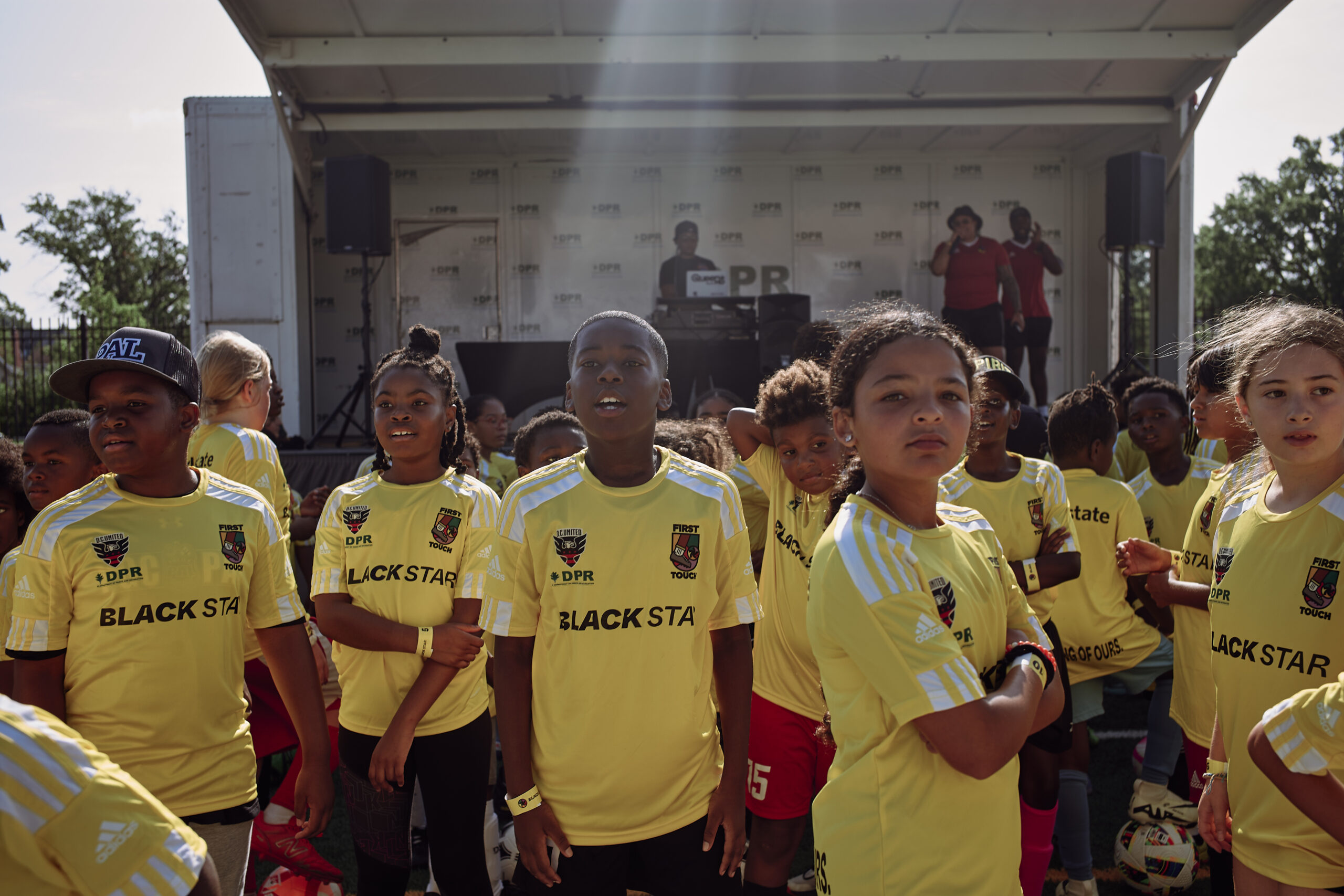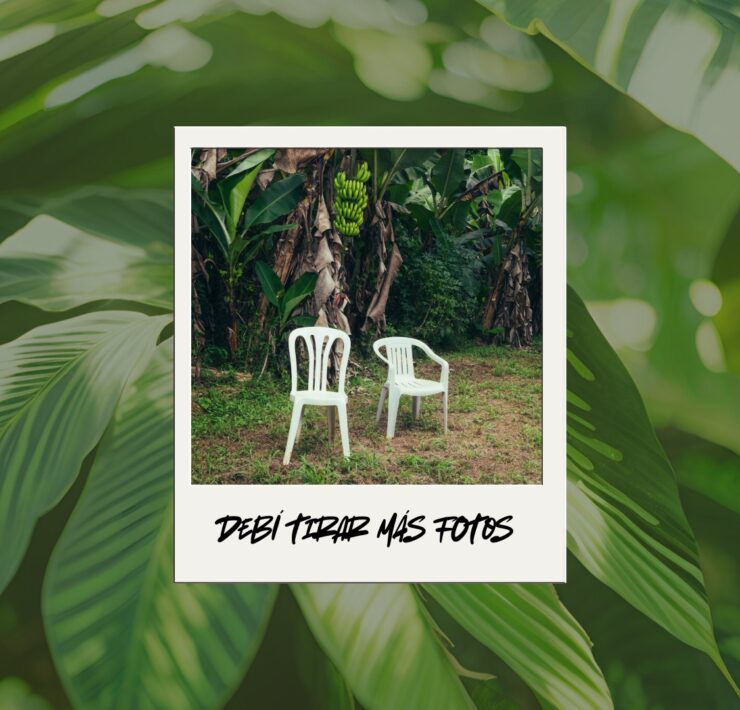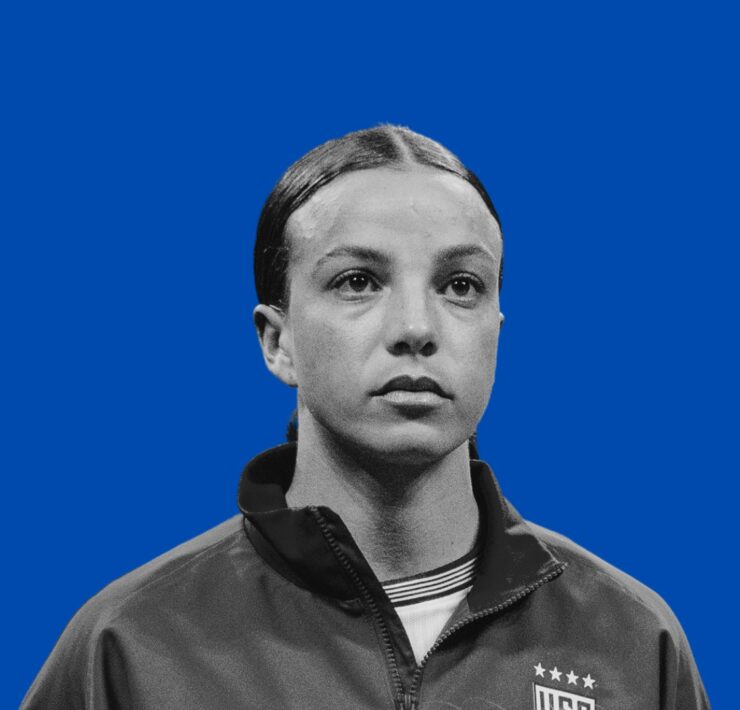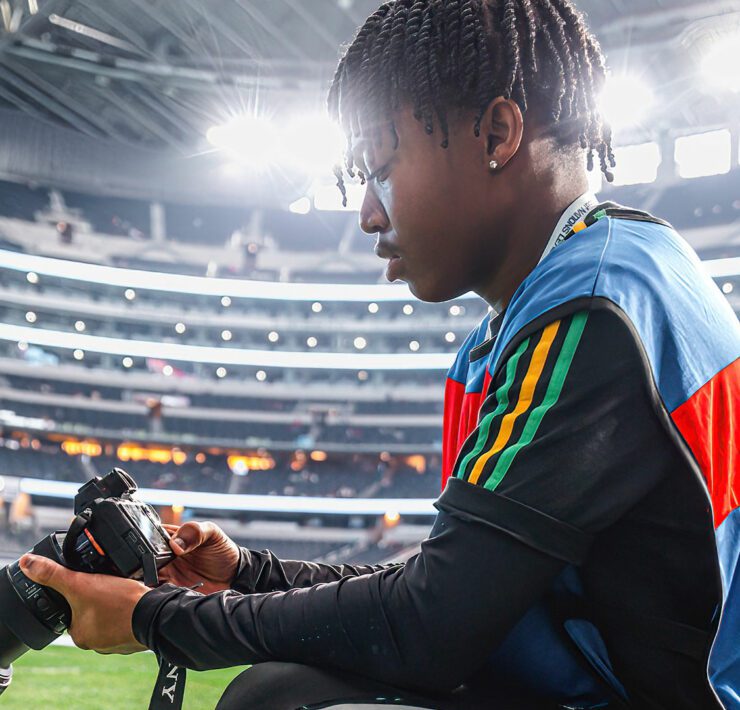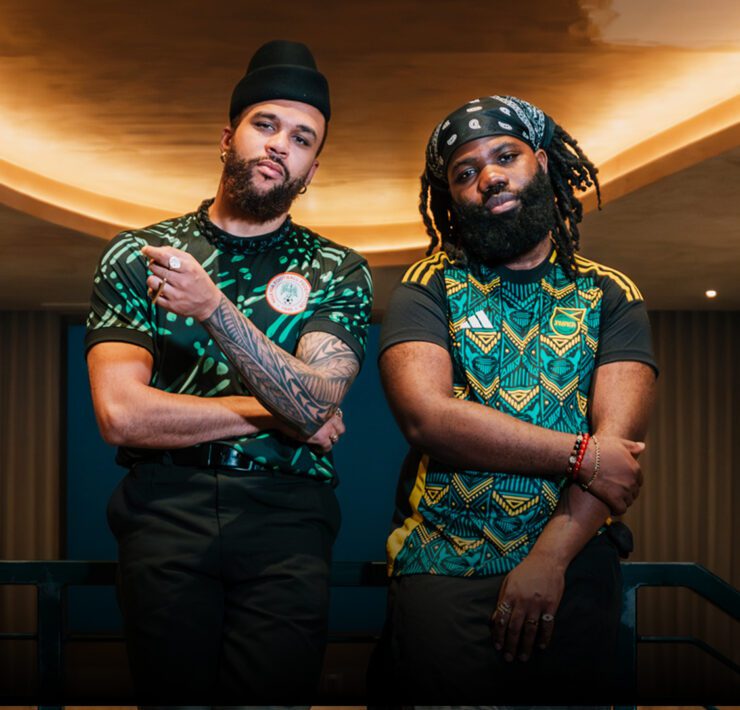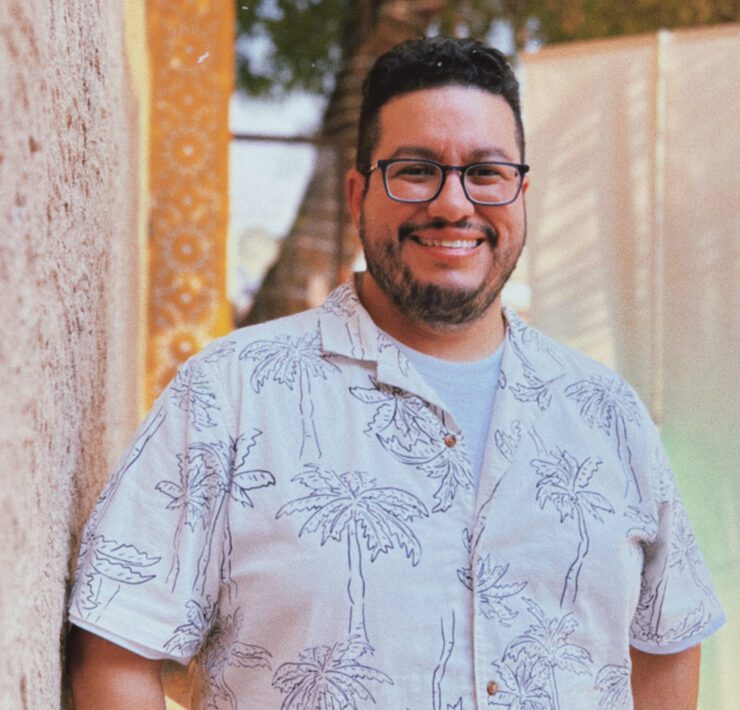Multi-hyphenate Creative, Forty-One Co-founder
The second edition of The Soccer Tournament brought all the heavyweights out, including ESPN’s Pat McAfee, and former NFL star (and Burnley FC investor) J.J. Watt along with Chad Ochocinco making his return.
It was primetime viewing when the schedule dropped and we saw that these guys and their respective teams were matched up together in the Group X for the group stage matches. Rounding out that group was a competition newcomer no one had ever heard of, a squad of Caribbean players called the Reggae Rovers.
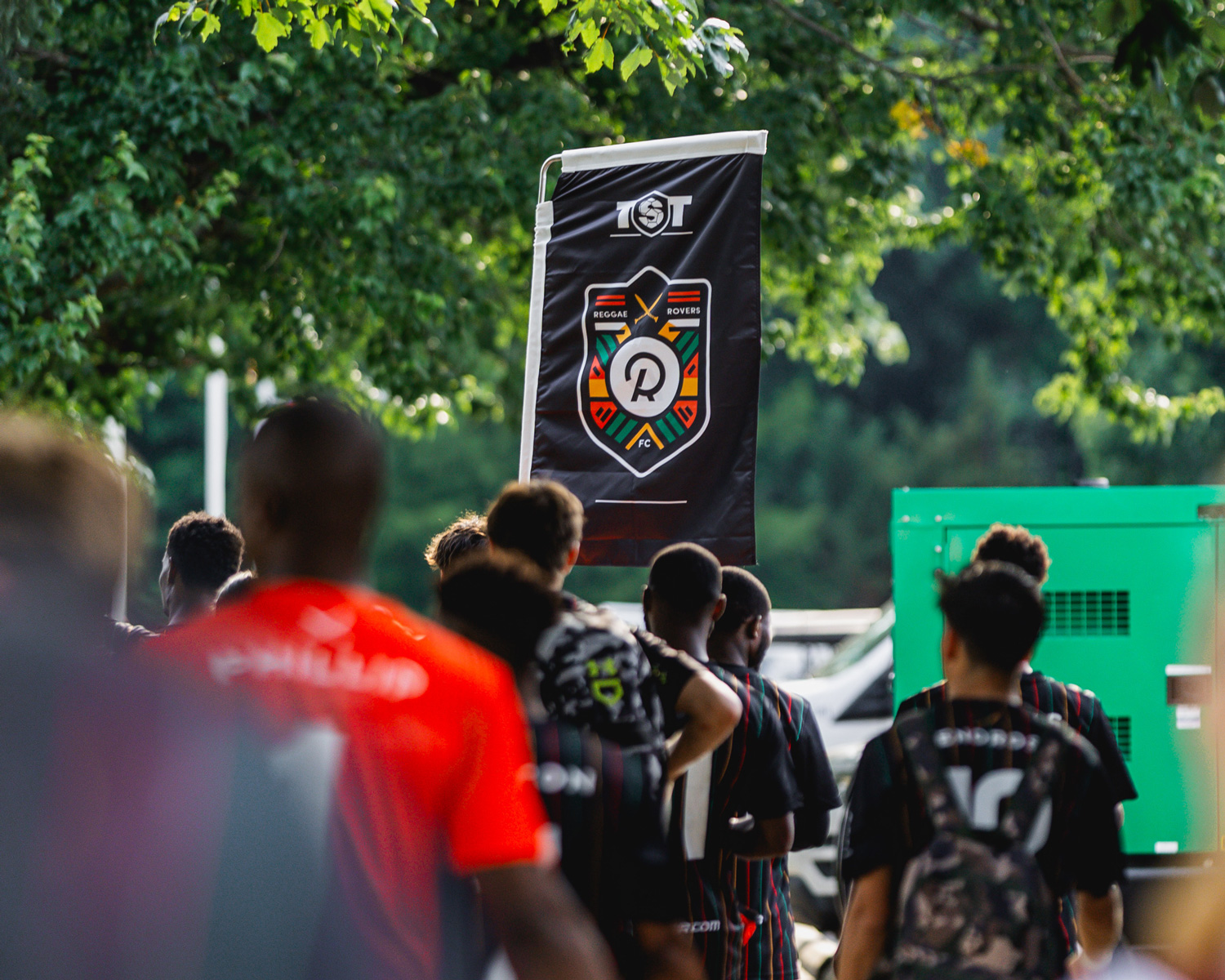
In true American fashion, a team with no name among teams with big names got all the disrespect, and the trash talk was mutual. However, by the end of the tournament, the Rovers had everyone’s respect.
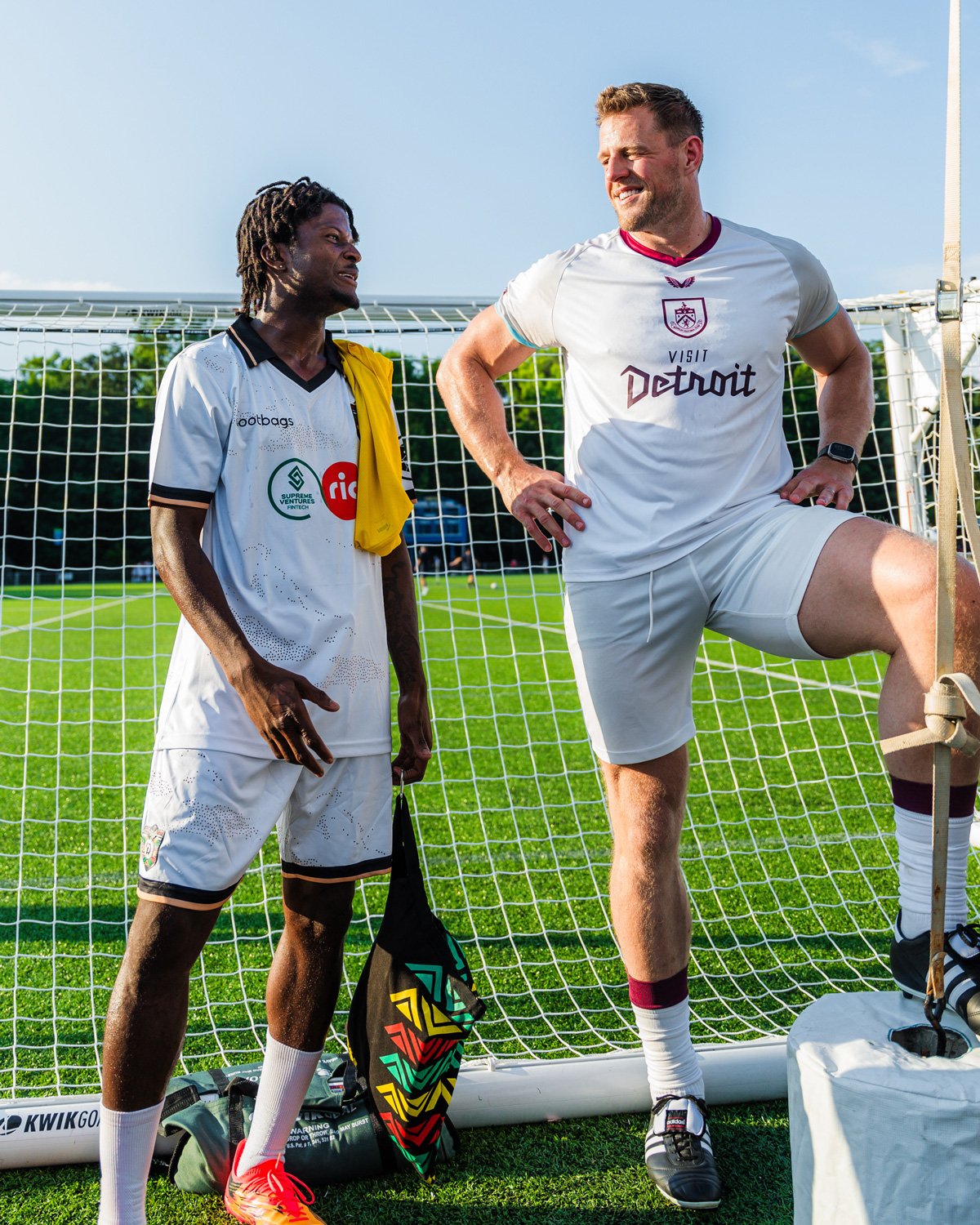
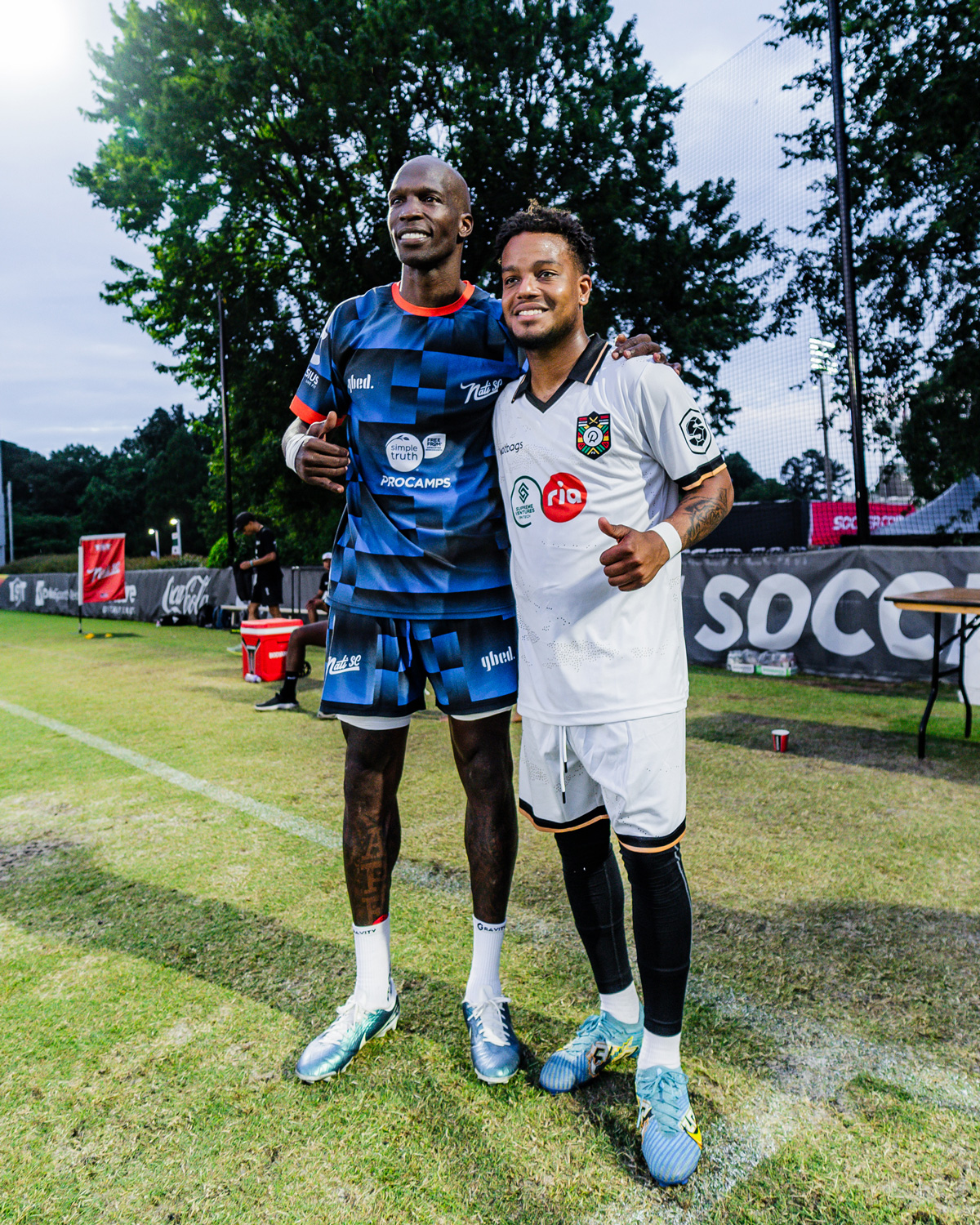
We caught up with Reggae Rovers co-founder and player Shane Malcolm in Cary, NC to learn about the origins of the team and how their experience at TST is opening doors for Caribbean players.
41: Before we get into Reggae Rovers, tell us a little bit about yourself
SM: Shane Malcolm, co-founder of the Reggae Rovers, I was born in Jamaica but I grew up most of my life in the United States. I played soccer here and went to university about an hour away at High Point University.
After four years at High Point, I went abroad playing soccer in Asia. I started my career in Australia, then went on to Indonesia, Finland, then wrapped up in Colorado at the Colorado Springs Switchbacks in 2020.
My first business venture after leaving football is Boot Bags. Boot bags was founded in 2019 by a teammate and myself, who shared a desire to give back. I visited Jamaica in 2018 and saw a need for cleats for children. And it was one of those projects that we began entirely out of the goodness of our hearts.
For every five bags sold, we launched an initiative to donate a pair of cleats to children in need. I had the opportunity to meet many other entrepreneurs through the space, meet a lot of other football brands and learn about the overall ecosystem of the football business.
From bootbags, we move on to ABFC, which was founded by a group of Miami friends who noticed a gap in the market for footballers during Art Basel.
We were all from Miami, and we had a strong desire to create a space for others who shared our passion for art, sports, and community, and to use those passions to bring people together even more.
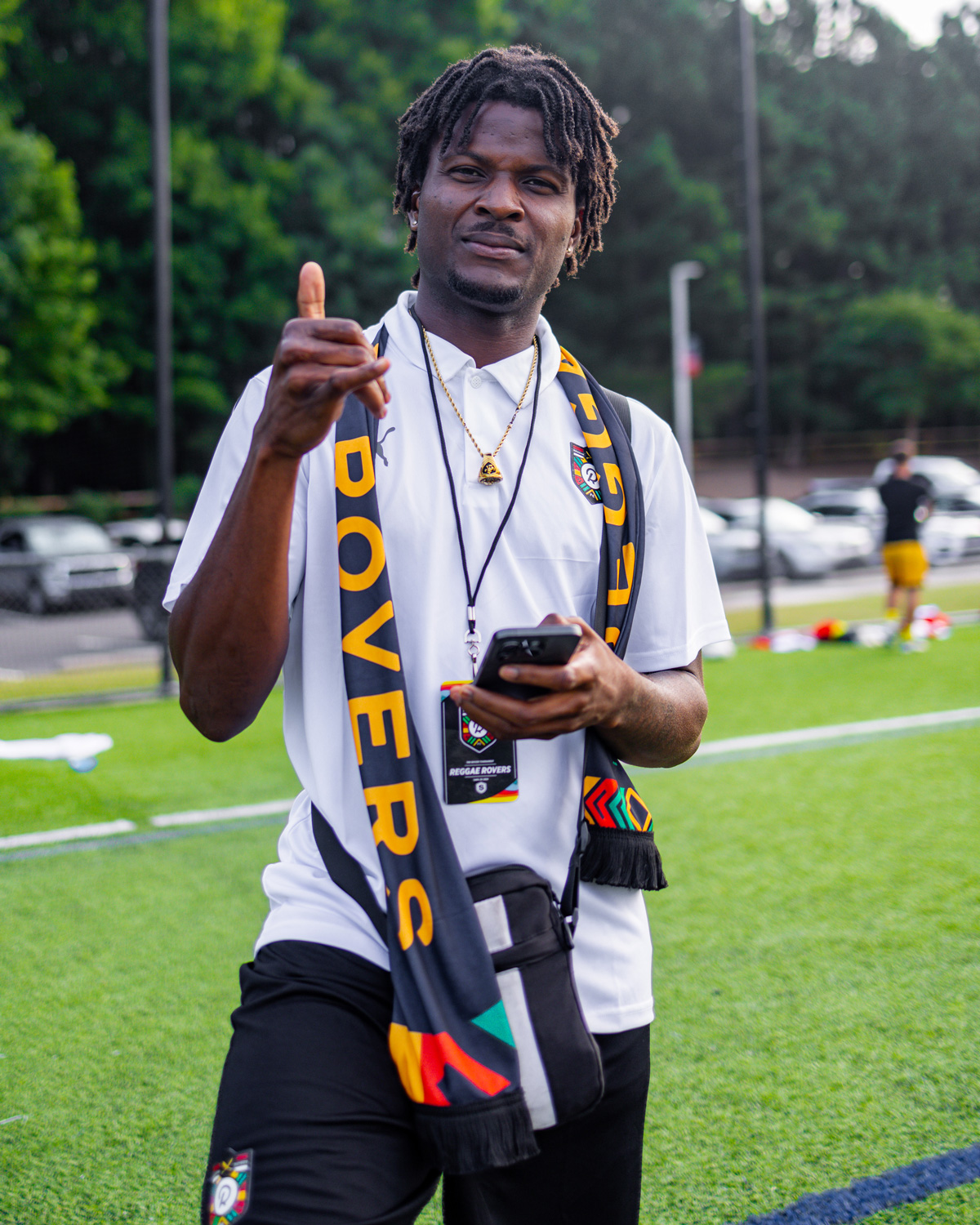
Following these other ventures, I moved on to the Reggae Rovers, which is one of the most recent projects we’ve launched to highlight Caribbean talent. It’s a very special project that began as an idea eight months ago, and to see it come to life here at TST, gaining some fans and the support of the event organizers, is incredible.
We have a deep passion for football in the Caribbean, and this is one way to give back by providing opportunities that not many Caribbean players have to showcase themselves on a global stage.
If it’s not the national team, what other opportunities do they have to showcase their talents and get opportunities outside of the island, because if we won this million dollars, it would be equivalent to three years of a player’s salary in this one competition. So it’s very meaningful, and I’m excited that we are able to do it again next year.
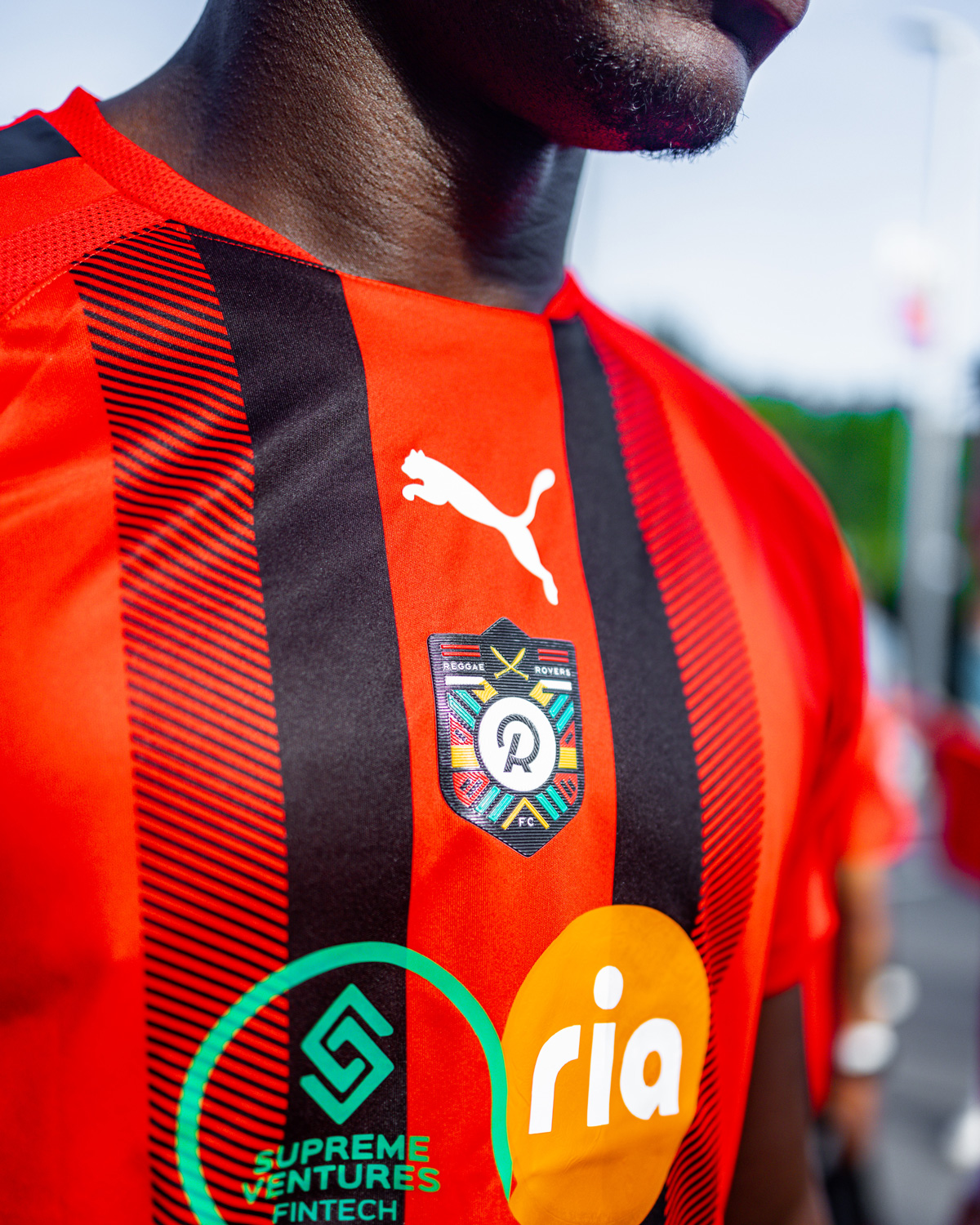
Talk about the name and branding behind the team, what were some inspirations behind it?
We began by developing a brand for the Reggae rovers and determining what it should represent. We looked at ourselves and considered what we valued most: Caribbean culture, music, and the things that drew people from all over the world to the Caribbean.
The colors red, black, yellow, and green stood out to us for several reasons. We knew it would draw people from all over the world to the Caribbean. It’s recognizable, not just in terms of Rastafarian culture, but when you think of reggae music, you might think of Bob Marley.
You think, Peter Tosh. You think of all these legends from the music culture, and we wanted that to translate into sports. So, how do we translate these colors into the sport in a very authentic way, that holistically embraces the entire Caribbean.
We were previously known as the Wodada Reggae Rovers. In Jamaican patois, wodada means “love.” We had a lot of issues with Wodada because it is also the name of a (football) club in Montego Bay, which is struggling for survival. So for a variety of political reasons, we dropped it and focused on reggae rovers instead.
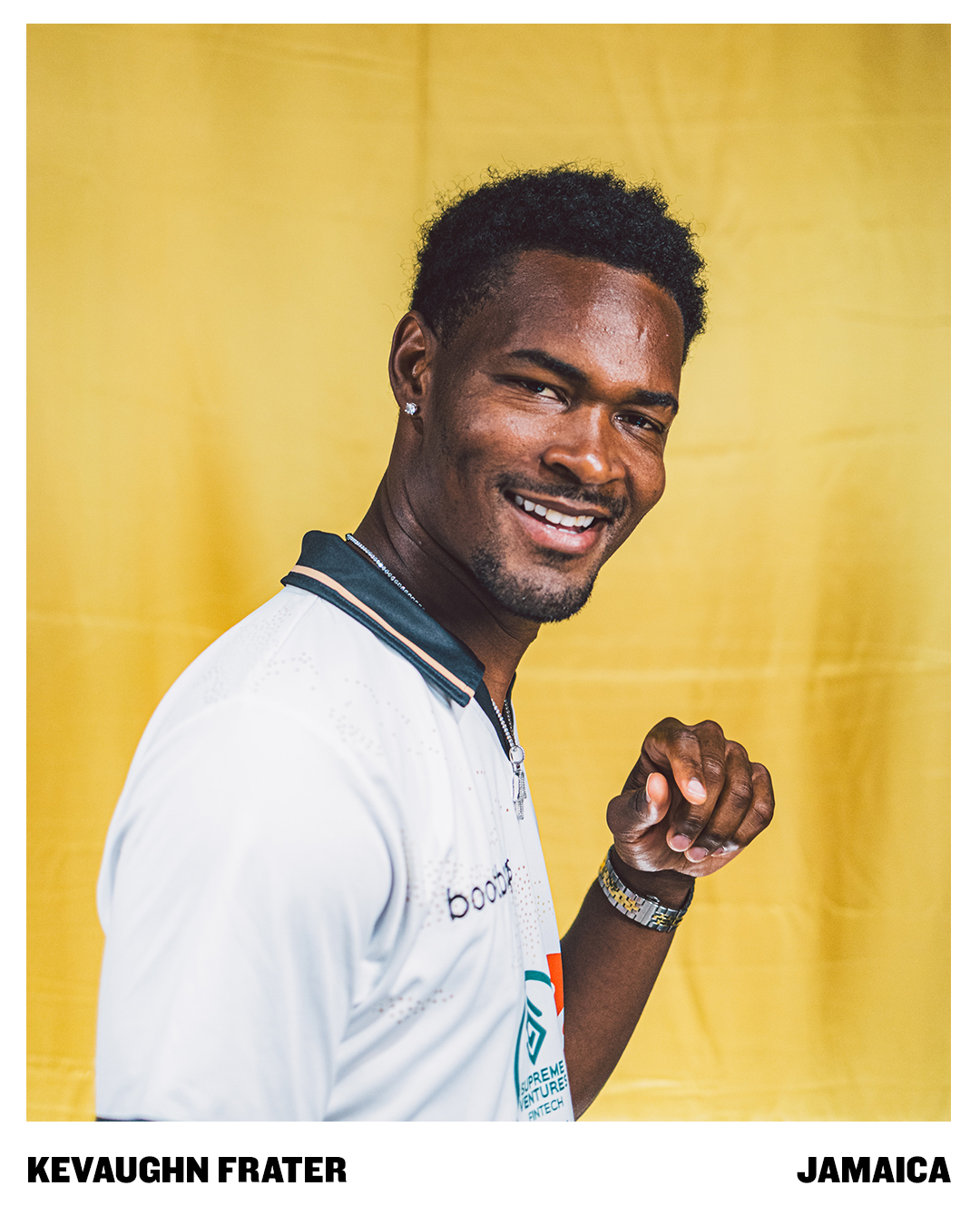

The unique thing about the team’s roster is that it consisted of only players from the caribbean, how did you go about selecting the players you did?
So when we first started putting the team together, It was primarily aimed at friends of mine who I knew i could go into battle with.
Players I knew would either score goals or defend for their lives. Those were the two things I looked for in the first three signings we made.
I had Kevaughn Frater, a teammate of mine from the Colorado Springs Switchbacks. Sian McFarlane, a defender for our squad, who was also at the switchbacks. SIan is also a kid i grew up with in Lauderhill, Florida. That’s a kid that came out of the same club as me and we have a lot of similar principles. I knew he’d be a very good person to have in the locker room and generally a good player and great person. Those are two attributes we looked for in everyone that we recruited.
We wanted this to really feel like a family.
Starting something from the ground up is always hard. So convincing players outside of your network, rather than those you already knew, presented new challenges that we didn’t anticipate. We built this thing knowing that we didn’t have the budget to pay players to come here and play; we’re not a professional program.
The announcement that the Concacaf World Cup qualifiers would take place at the same time as the TST Tournament presented us with a huge challenge. Many of the players on our short list were eventually called up to their national teams. Overall, the guys that we brought were at that same level, if not better than some of the guys we were highlighting, and some guys that were down on our list ended up making the squad, proving that they should have been higher on our list.
So through the recruiting process, we’ve learned how to trust self, but it was a challenge.
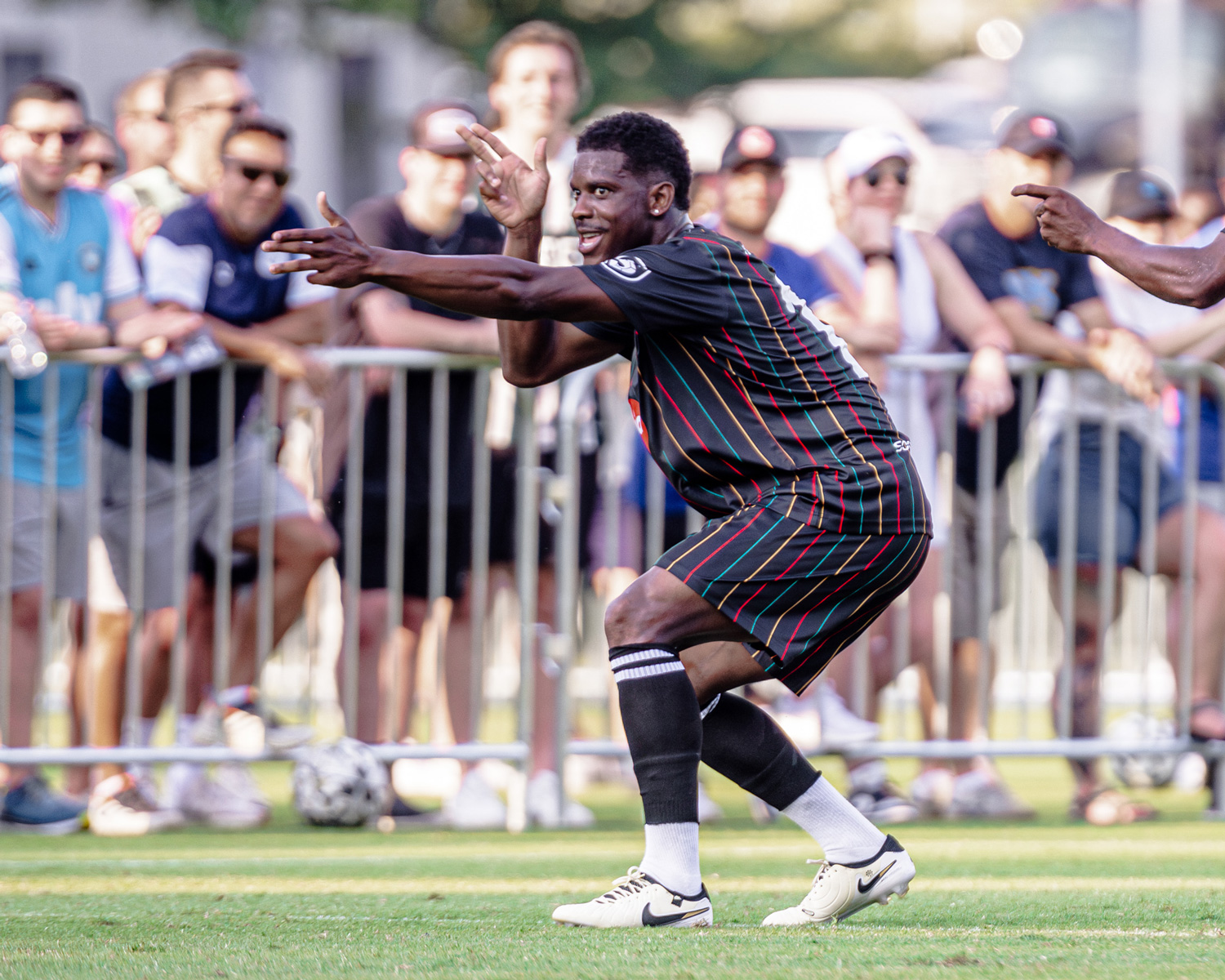
We could go and get guys that may not have the best skill but have a very big persona, via social or whatever, and lean into the marketing side of things, which the majority of the other teams did; or we could go in and get guys that are really hungry to prove themselves and want other opportunities to continue playing the game at a high level in different spaces and possibly leave the leagues that they’re in for better pay, a better life and better career.
We chose the latter option and sought out young talent in Trinidad and Jamaica because we knew those countries had enough depth to have players called up to the national team while also having a strong local talent pool to compete with anyone at any level.
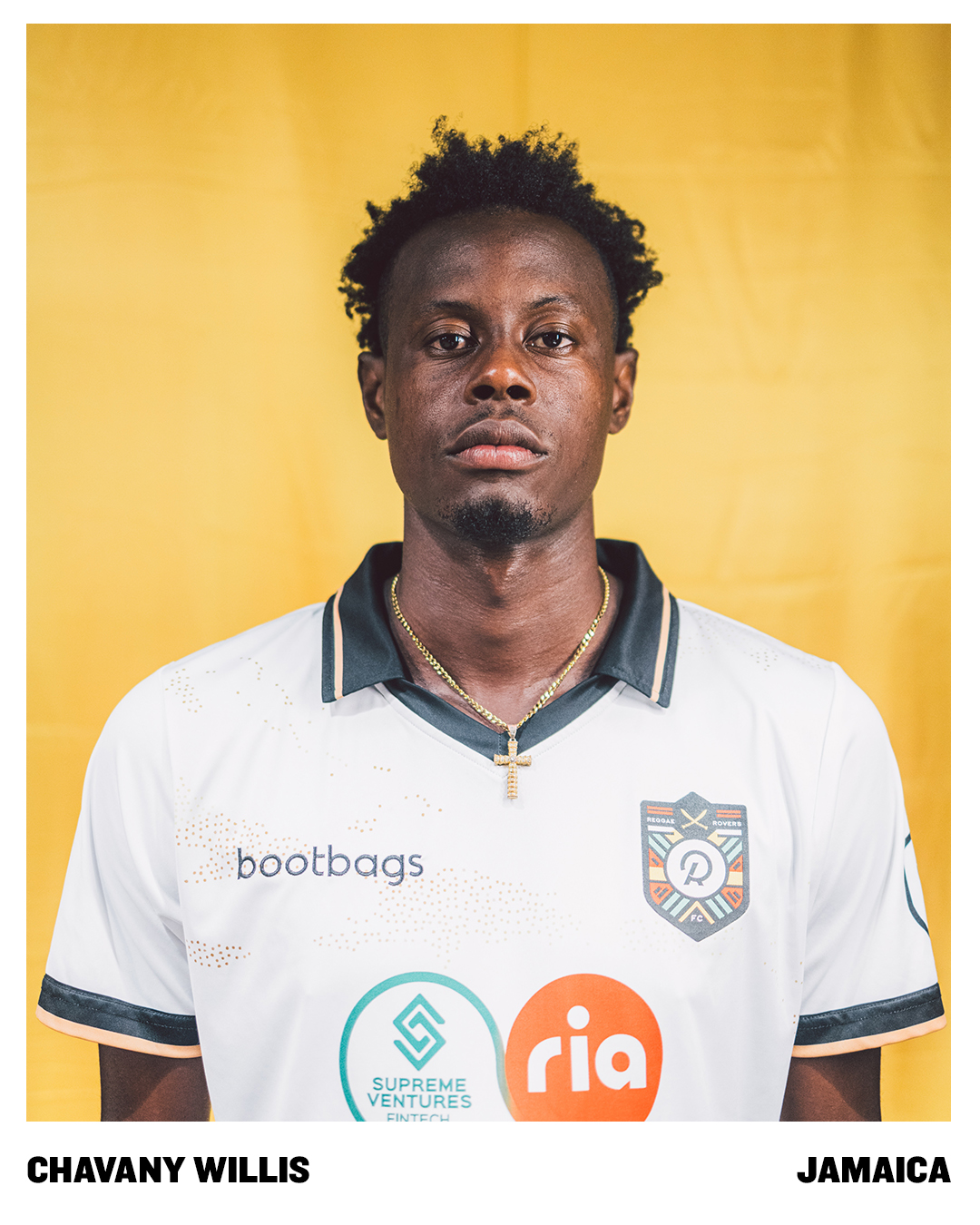

If you look at the ballers we brought in, Demario Phillips and Chavany Willis, who scored some goals for us, and you look at Che Benny, who doesn’t even get a call up for Trinidad because of his size, you know, but talent for talent, that kid could play against anyone.
I think we did a good job recruiting. Very, very happy with the talent that we brought in, we know we’re going to be better next year.
I had no doubt that we would compete, i just didn’t know we would dominate.
You guys were drawn into one of the more star-studded groups in the tournament what were your thoughts around that?
Going into the tournament, we were very overlooked. I remember watching that ESPN draw in Miami. When I saw the groups, I mean, who is Concafa? I had no idea what this is. Natty, I knew they played in the tournament last year. The other team, Burnley, didn’t know what to expect from them.
With Burnley being a Premier League squad of course, you believe they have the resources. They have players. They have the talent that would love to represent Burnley. So in my head, I’m thinking, “This is a tough group.” But also a good group to show and prove. I think from that moment, I knew we were going to get out of the group.
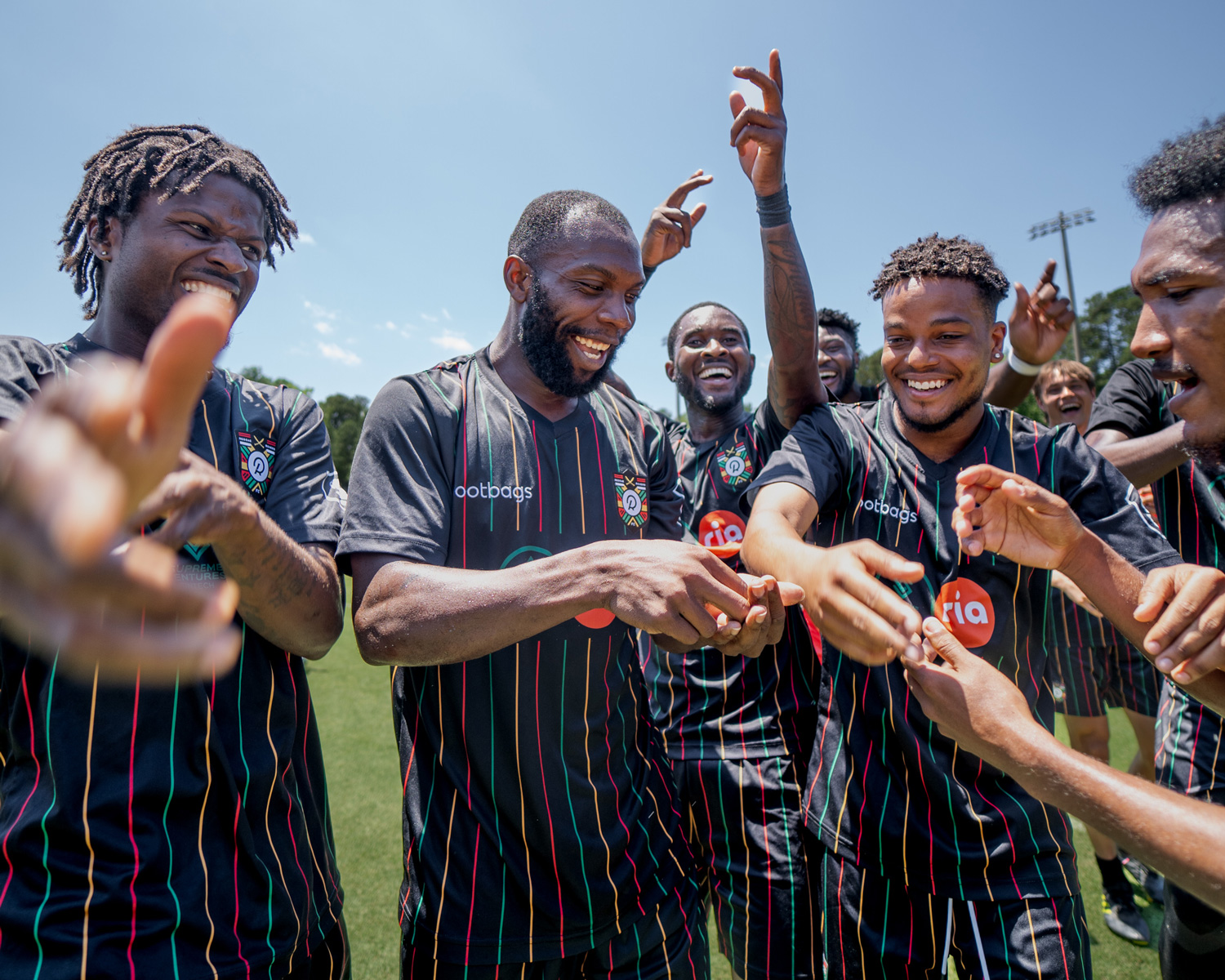
Hands down. I knew we were going to get out of the group, call it confidence? a little bit. Cockiness? No. I generally just believed in the team that we were building. and that showed for itself.
We loved being overlooked. Loved winning every game that we won. I had no idea because we also had to teach players the 7v7 format. I remember during preseason, I was trying to explain to them what target score time is.
I didn’t think we were going to do THAT good. I didn’t think we were going to blow teams out of the water like we did. I think we did just by virtue of those guys, they were dogs. I had no doubt that we would compete, i just didn’t know we would dominate.
The ESPN draw happened. I mean, there’s a lot of shit that happened. Once our team got announced, it was, “Oh, the Reggae Rovers love the name. The logo looks cool.” Logos and branding is what we do, so of course we knew we were going to crush it on that side of things.
But also I think they were, they were leaving us out from the sporting side. We got no love. Even when they announced the groups with the likes of JJ Watt, Pat McAfee and Ocho Cinco, it was almost like we didn’t exist in the group.
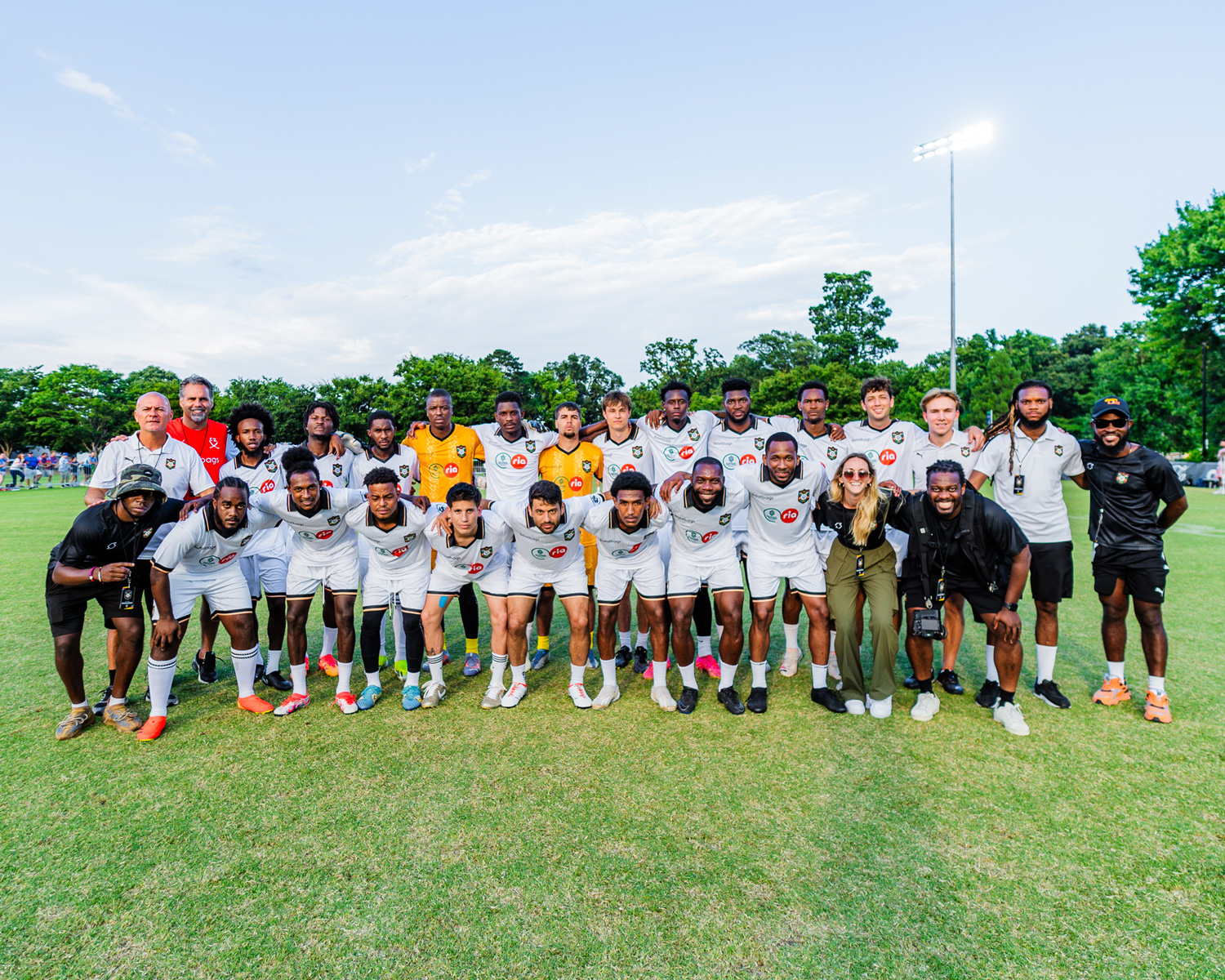
You guys had a point to prove.
Yeah. In the tournament, we actually went undefeated throughout the group stages. As we got into the round of 32, we beat Tobacco Road, a team that came third in their group, but I think under port performed in the group stages because they were a good team. We then went to play Wrexham, which were All guys with a lot of experience playing professionally in Europe, and we swept them too.
We then go on to play (Defending Champion) Newtown Pride in the round of eight right before the semifinals. And we knew, if we overcome this hurdle. The chance of winning a million dollars was so much more realistic. In order to be the best, we have to beat the best.
We ended up falling to the defending champions in the round of eight, down to two (men in target time), we fought to the death and we were unsuccessful this year, based solely off of inexperience and not necessarily talent.
We’re looking forward to coming back and we definitely have a bigger chip on our shoulder to win that million dollar cash prize.
Multi-hyphenate Creative, Forty-One Co-founder



